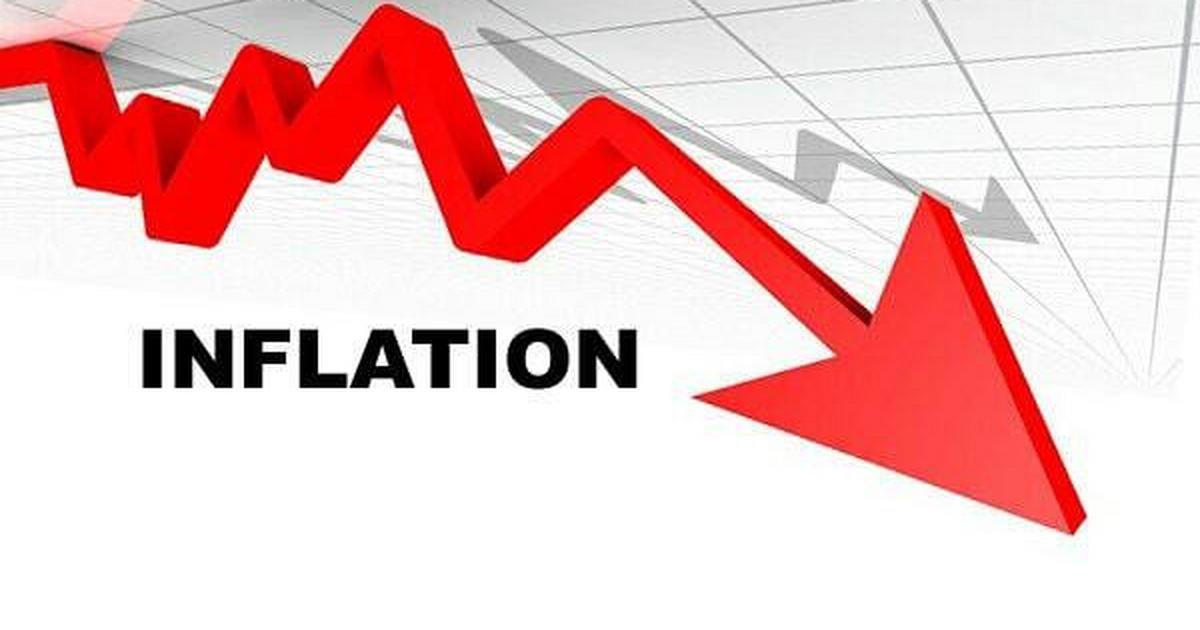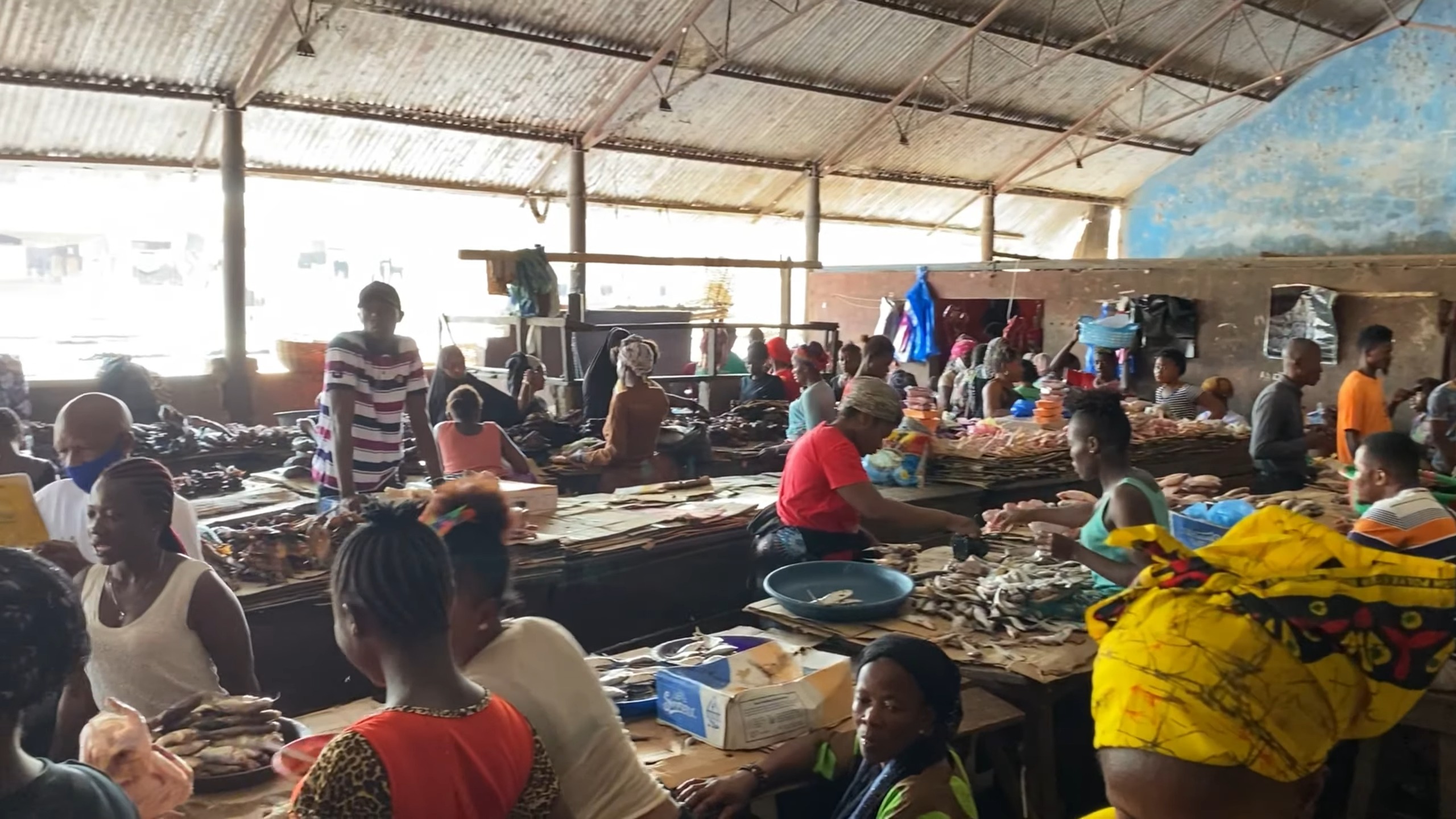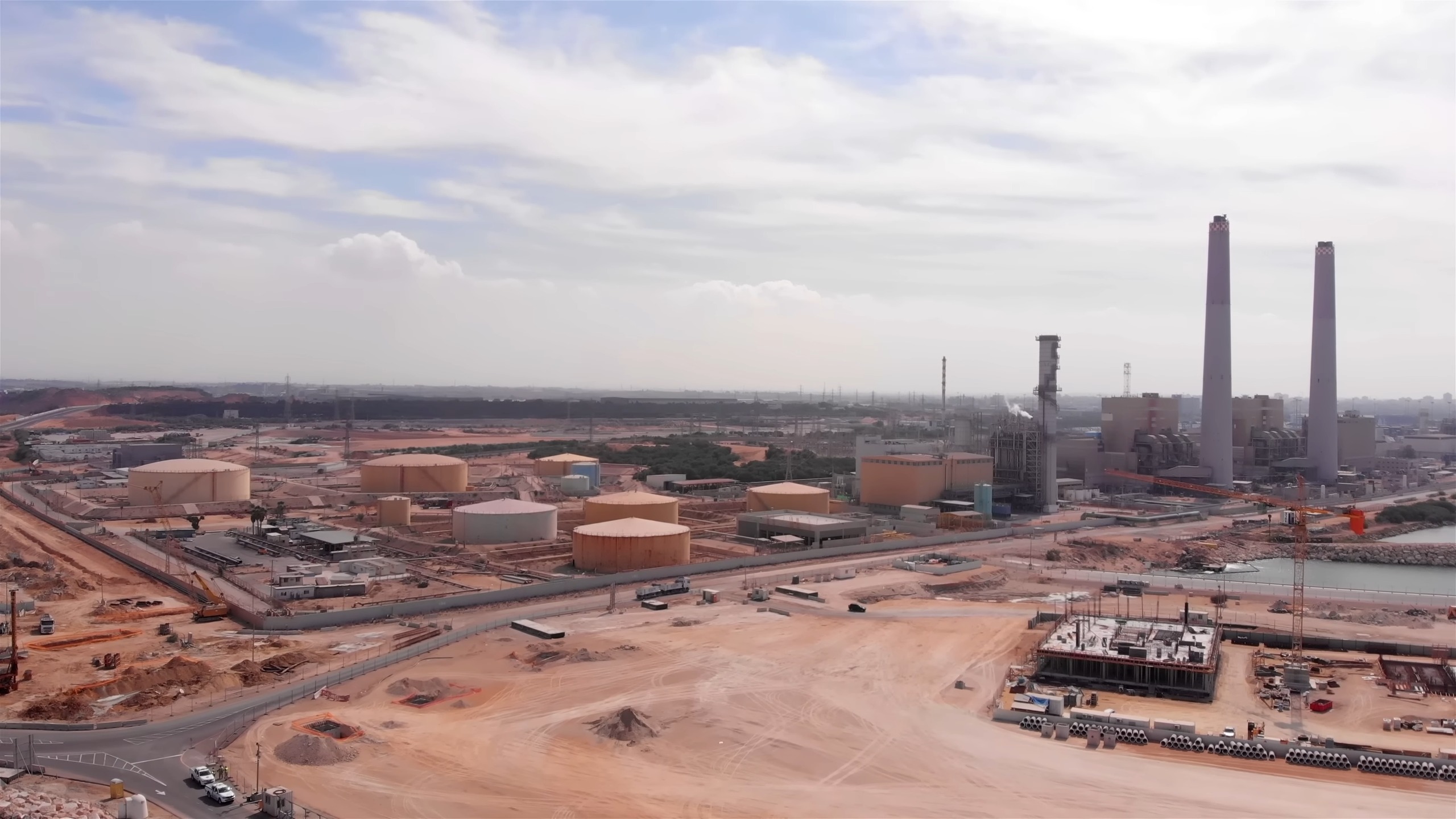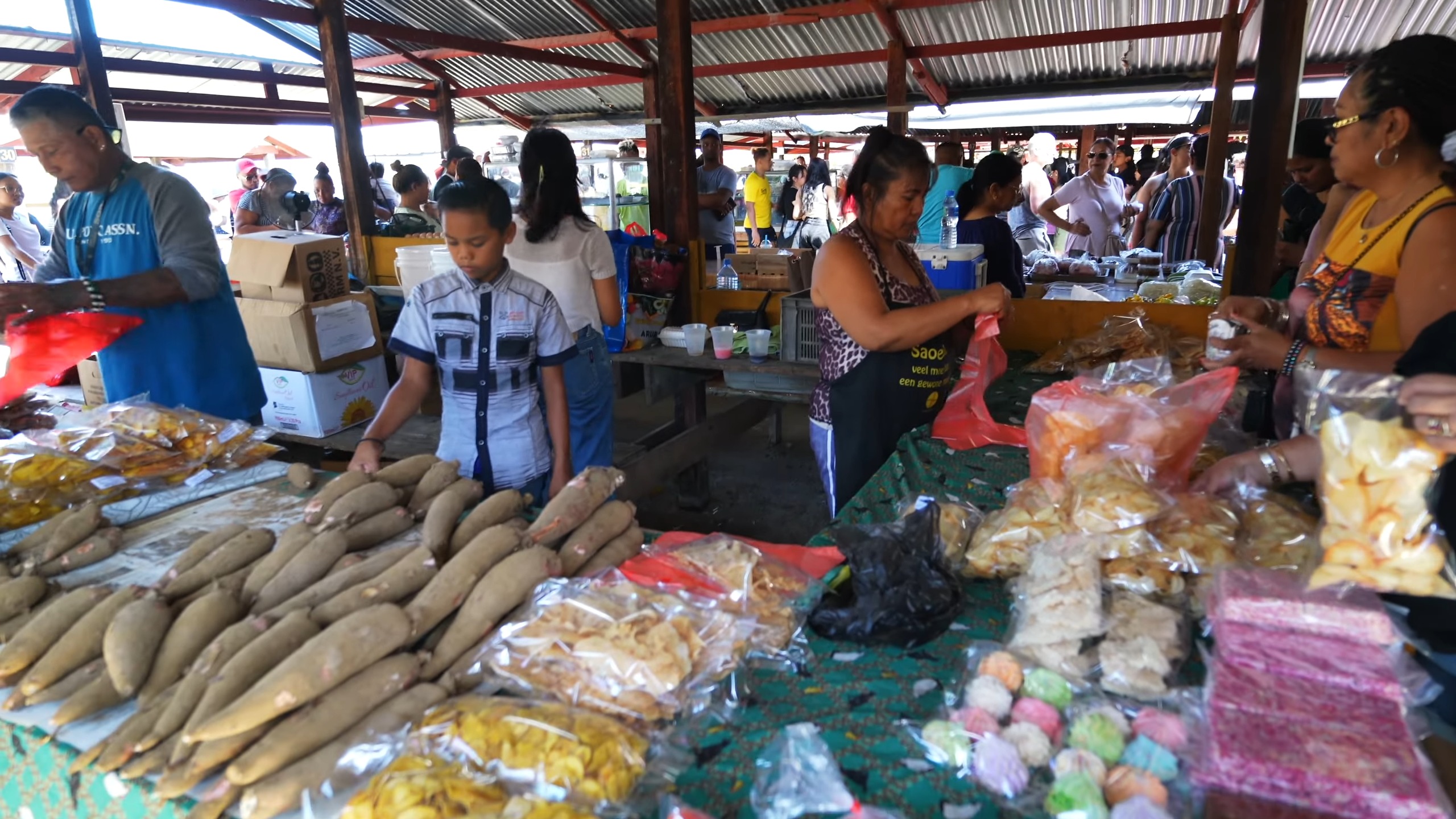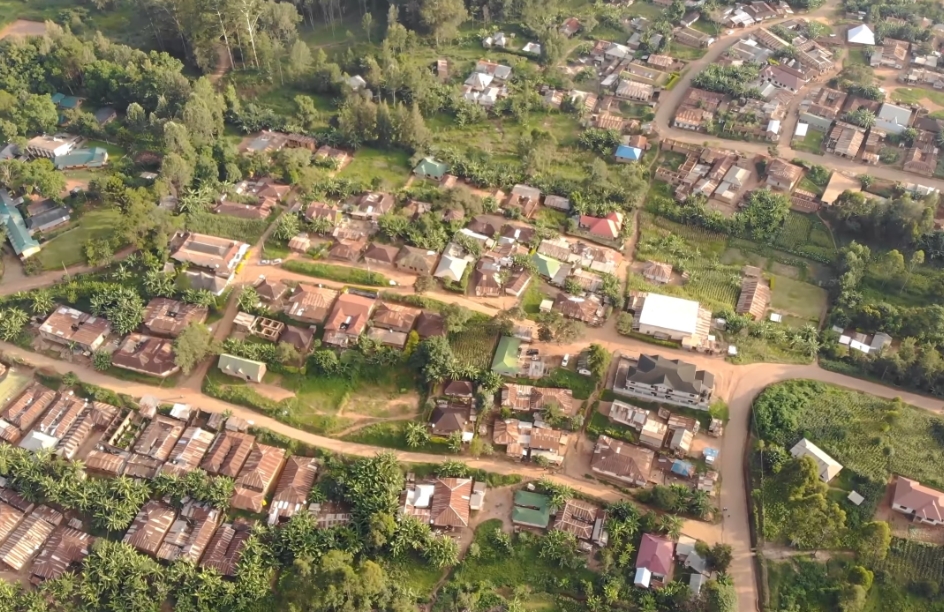Inflation is a global phenomenon with varying impacts across different economies. In some countries, inflation rates have soared to levels that significantly affect the purchasing power of their citizens and the overall economic stability.
Before getting into the countries themselves, let’s briefly discuss what inflation entails. Inflation measures the rate at which the general level of prices for goods and services is rising, and subsequently, how purchasing power is falling. Central banks attempt to limit inflation, and avoid deflation, in order to keep the economy running smoothly.
The Causes of Inflation
As stated by IMF Inflation can be caused by a variety of factors:
- Demand-pull inflation: This occurs when demand for goods and services exceeds supply.
- Cost-push inflation: This happens when prices rise due to increases in the cost of wages and raw materials.
- Built-in inflation: This is linked to adaptive expectations, where people expect current inflation rates to continue in the future.
The Measurement of Inflation
Inflation is typically measured by the Consumer Price Index (CPI) and the Wholesale Price Index (WPI). The CPI measures the average change over time in the prices paid by urban consumers for a market basket of consumer goods and services, while the WPI measures the average change in prices for goods sold and traded in bulk by wholesale businesses to other businesses.
The Impact
Inflation affects different people in different ways according to NPR. It is generally considered negative for consumers because it erodes purchasing power. For borrowers, it can be positive because it reduces the real value of the money they owe. As per Economics Help Governments can benefit from inflation because it reduces the real value of their debt. However, high inflation can lead to economic uncertainty and other economic problems.
Countries with Soaring Inflation Rates
Now, let’s explore the countries where inflation rates are among the highest in the world. These economies are grappling with the challenges of rising prices and the implications for their citizens and economic health.
10 . Sierra Leone
Sierra Leone has been grappling with significant inflation, particularly in the aftermath of global events that have disrupted economies worldwide stated by World Bank.
Economic Strain
The country’s economy has been under pressure due to a combination of international and domestic factors.
- Global Price Hikes: The rise in global food prices, partly due to the pandemic and the conflict in Ukraine, has had a direct impact on inflation.
- Currency Depreciation: The Leone lost 60% of its value in 2022, contributing to the inflationary spiral.
Forecasted Challenges
The outlook for 2024 suggests a continuation of these challenges, with inflation forecasted to rise.
- 2024 Inflation Rate: Projected at 37.8%.
- 2022 Inflation Rate: Recorded at 27.2%.
9. Iran
Iran’s economy has been heavily impacted by sanctions, which have exacerbated inflationary pressures.
Sanctions and Inflation
The reinstatement of Western sanctions has severely limited Iran’s economic activity, particularly in the oil sector.
- Oil Sales: Restrictions on oil sales have deprived Iran of crucial foreign currency earnings.
- Inflation Rates: Despite these challenges, the inflation rate is expected to decrease slightly.
Economic Outlook
The country continues to navigate its economic challenges amid geopolitical tensions.
- 2024 Inflation Rate: Expected to be 42.5%.
- 2022 Inflation Rate: Was at 49.0%.
8. Suriname
Suriname’s economic difficulties have been marked by a significant devaluation of its currency and rising debt ratios.
Currency and Debt
According to CEPAL The devaluation of the Suriname dollar and the increase in public debt have been central to the country’s economic woes.
- Devaluation: The Suriname dollar’s value dropped dramatically, by nearly 90%.
- Debt-to-GDP Ratio: This has led to a sharp increase in the ratio of public debt to GDP.
Inflationary Impact
The country’s inflation rate remains high, although it has seen a decrease from the previous year.
- 2024 Inflation Rate: Forecasted at 42.7%.
- 2022 Inflation Rate: Was at 52.5%.
7. Haiti
IMF says that Haiti’s economic and political instability has been compounded by high inflation, affecting the most vulnerable populations.
Political Instability and Crime
The assassination of the president and the prevalence of gang violence have contributed to economic instability.
- Cost of Living: The costs of fuel, food, and housing have surged.
- Violence: Gang-related violence has further destabilized the economy.
Inflation Outlook
The inflation rate remains high, with a significant increase from the previous year.
- 2024 Inflation Rate: Projected at 44.5%.
- 2022 Inflation Rate: Was at 27.6%.
6. Ghana
Ghana is facing inflationary pressures common to many African countries, influenced by global and local events.
Economic Pressures
Rising global prices and supply chain disruptions have contributed to Ghana’s inflation.
- Food and Energy Prices: Global increases have directly impacted local markets.
- Transportation: Disruptions have affected the country’s supply chains.
Inflation Trends
The inflation rate has risen, reflecting the broader economic challenges.
- 2024 Inflation Rate: Expected to be 45.4%.
- 2022 Inflation Rate: Recorded at 31.9%.
5. Turkey
Turkey’s inflation crisis has been ongoing, with recent data showing some improvement, but challenges persist.
Currency and Inflation Crisis
The Turkish lira’s fall to an all-time low has been a significant factor in the country’s inflation stated by Al Jazeera.
- Monetary Policy: The central bank’s policies have been under scrutiny amid the crisis.
- Recent Data: Shows a decrease in inflation from the previous year’s peak.
Living Costs
Despite a decrease, the inflation rate remains high, affecting the cost of living.
- 2024 Inflation Rate: Forecasted at 50.6%.
- 2022 Inflation Rate: Was at 72.3%.
4. Sudan
According to African Development Bank Sudan’s inflation is expected to decrease, but it remains one of the highest in the world.
Government Financing and Shortages
Deficit financing and shortages have been key contributors to inflation.
- Consumer Goods: Shortages have driven up prices.
- Transportation: Inadequate infrastructure has affected the availability of goods.
Inflation Projection
The forecast shows a decrease in inflation, yet it remains at extraordinary levels.
- 2024 Inflation Rate: Expected to be 71.6%.
- 2022 Inflation Rate: Was at 138.8%.
3. Argentina
Argentina’s inflation is among the highest, with the country facing a severe financial crisis.
Economic Crisis
The country is experiencing inflation rates reminiscent of past economic turmoil stated by Washington Post.
- Drought: Has affected grain prices, a significant export for Argentina.
- World Cup Victory: While a cause for celebration, it contrasts sharply with economic conditions.
Inflation Forecast
The inflation rate is expected to increase significantly.
- 2024 Inflation Rate: Projected at 98.6%.
- 2022 Inflation Rate: Was at 72.4%.
2. Zimbabwe
Zimbabwe’s economy is affected by external factors such as the war in Ukraine, impacting the cost of essential imports.
Economic Management and Climate
Mismanagement and erratic weather patterns have been detrimental to the economy.
- Fertilizer Costs: The price of fertilizer has doubled, affecting food production.
- Energy Shortages: Have compounded economic difficulties.
Inflation Rate
The inflation rate remains high, although it has decreased from the previous year.
- 2024 Inflation Rate: Forecasted at 172.2%.
- 2022 Inflation Rate: Was at 193.4%.
1. Venezuela
Venezuela continues to experience hyperinflation, affecting the economy and the value of its currency.
Hyperinflation and Currency
The bolivar has become almost worthless due to prolonged hyperinflation.
- Currency Controls: Initially implemented by Hugo Chavez, have been partially lifted.
- Oil Dependency: The economy’s reliance on oil prices remains a vulnerability.
Economic Conditions
The inflation rate is expected to double from the previous year.
- 2024 Inflation Rate: Forecasted at 400.0%.
- 2022 Inflation Rate: Was at 200.9%.
The Global Context of Inflation
Inflation is not an isolated phenomenon and can be influenced by global trends and events. Understanding the broader context can help in analyzing why certain countries are more affected than others.
The Role of Global Commodity Prices
Global commodity prices, such as oil, have a significant impact on inflation rates, especially in countries that are heavily reliant on imports for their energy needs stated by IMF.
- Supply and Demand: Fluctuations in global supply and demand can lead to significant changes in commodity prices, affecting inflation.
- Currency Exchange Rates: Countries with weaker currencies may be more affected by changes in global commodity prices due to the increased cost of imports.
The Impact of Monetary Policy
Central banks around the world use monetary policy to manage inflation. The effectiveness of these policies can vary significantly from one country to another.
- Interest Rates: Central banks can influence inflation by raising or lowering interest rates.
- Quantitative Easing: Some central banks use quantitative easing to stimulate the economy, which can also affect inflation rates.
External Debt and Inflation
Countries with high levels of external debt can be vulnerable to inflation, especially if they have borrowed in foreign currencies.
- Debt Servicing Costs: As inflation rises, the real cost of servicing debt can decrease, but this can also lead to a loss of confidence among creditors.
- Currency Depreciation: High inflation can lead to currency depreciation, which can increase the cost of servicing foreign debt.
FAQ
What causes hyperinflation, and how is it different from inflation?
Hyperinflation is an extremely high and typically accelerating inflation rate. It quickly erodes the real value of the local currency, as the prices of all goods increase. This is different from more stable inflation, which is a measure of the rate at which the general level of prices for goods and services is rising in a more controlled manner. Hyperinflation is often caused by a combination of excessive supply of money (not supported by GDP growth) and loss of confidence in the currency.
How can individuals protect their savings from inflation?
Individuals can protect their savings from inflation by investing in assets that typically maintain or increase their value over time. These can include real estate, commodities like gold, or inflation-indexed bonds. Diversifying investments and holding assets in more stable currencies or investments can also be a strategy.
What impact does inflation have on loans and mortgages?
Inflation can have a complex impact on loans and mortgages. If the inflation rate is higher than the interest rate on a loan, the real value of the amount to be repaid decreases over time, which can be beneficial for borrowers. However, high inflation may lead to higher interest rates for new loans, making borrowing more expensive.
Can inflation affect a country’s exchange rate?
Yes, inflation can affect a country’s exchange rate. High inflation rates can lead to a depreciation of the currency’s value, as purchasing power is eroded. This can make imports more expensive and exports cheaper, but it can also lead to a lack of confidence in the currency on the international stage.
How do governments typically respond to high inflation?
Governments may respond to high inflation by tightening monetary policy, which can include raising interest rates to curb spending. They may also implement fiscal policies to reduce government spending or increase taxes to cool down the economy. In some cases, governments may also intervene directly in markets to control prices.
What role do central banks play in controlling inflation?
Central banks play a crucial role in controlling inflation by setting interest rates and controlling the money supply. They may raise interest rates to reduce inflation or lower them to encourage borrowing and spending when inflation is low. Central banks also use other tools such as open market operations and reserve requirements to influence inflation.
How does inflation affect the poor and the wealthy differently?
Inflation can affect the poor and the wealthy differently. The poor spend a larger proportion of their income on basic necessities, which can become more expensive with inflation, leading to a direct and immediate impact on their standard of living. The wealthy may be more insulated from the effects of inflation due to their ability to invest in assets that appreciate or are protected against inflation.
Conclusion
Inflation is a complex and multifaceted issue that affects economies worldwide. The countries listed here are examples of where inflation has had a significant impact, but they are by no means the only ones facing such challenges. It’s important for policymakers, investors, and citizens to monitor inflation trends and understand the underlying factors at play to mitigate its adverse effects.

